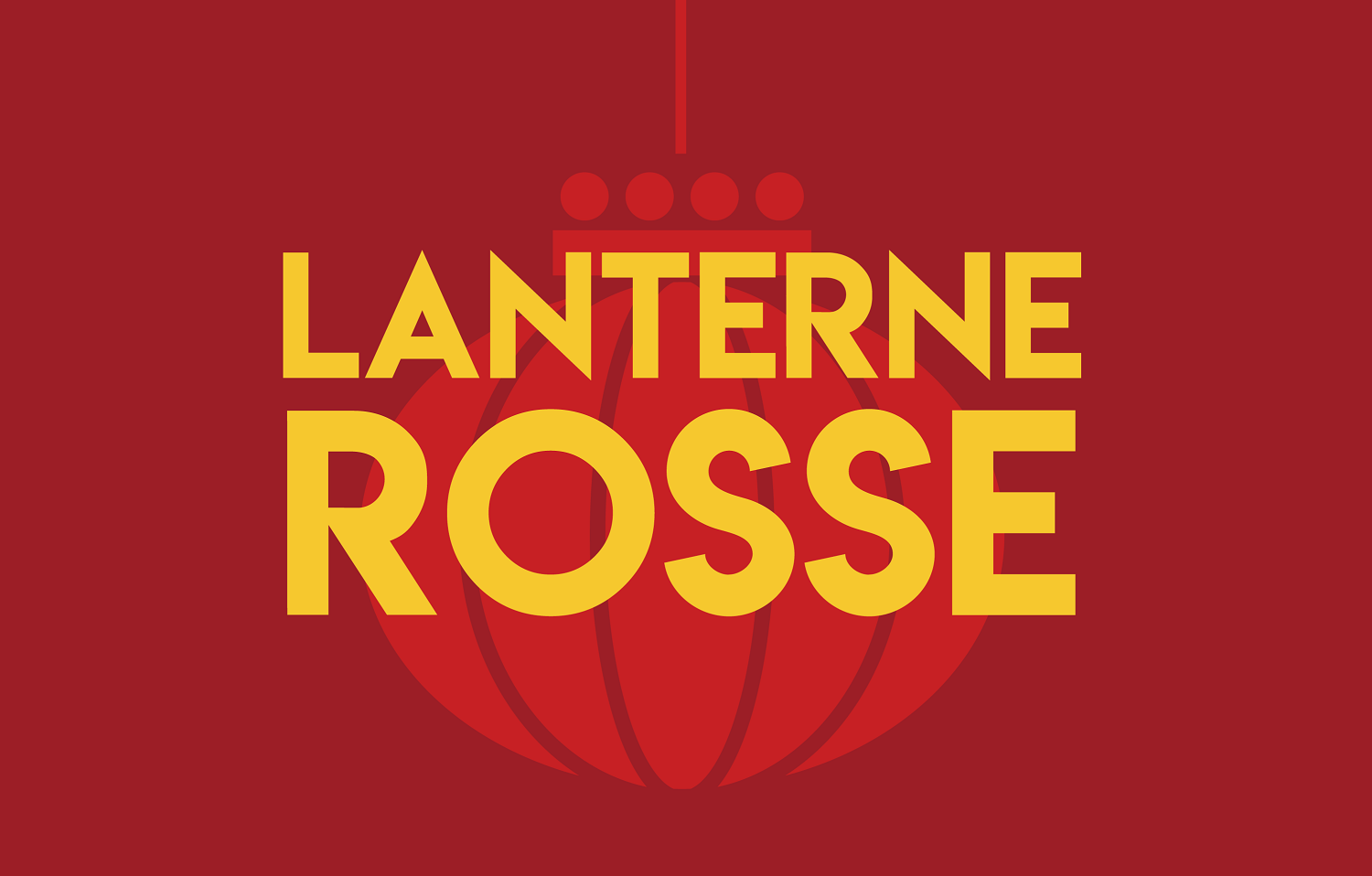China and the Myanmar conflict: relations with ethnic militias in Shan State
According to researcher Xian Yaolong, of the Peace Research Institute Frankfurt, Beijing has an interest in stopping the fighting between the military and anti-coup forces only in some areas of the country, to protect trade and ensure the security of its citizens. For this reason, even a violation of the recently agreed ceasefire is not necessarily seen as a failure by China.
Milan (AsiaNews) – The Three Brotherhood Alliance, which includes three ethnic militias, said that, if it were not for the ceasefire agreed with the military through Chinese mediation, all the main cities of northern Shan State would have already been seized after it launched an offensive against the Myanmar army at the end of October.
Such a claim is credible considering that Myanmar’s military regime seems to be losing the support of its own troops as well as the Buddhist monks who had hitherto backed its coup.
Ethnic militias claim that the military, which overthrew the former government led by Aung San Suu Kyi on 1 February 2021, violated the ceasefire less than 24 hours after it was accepted, exacerbating the conflict in the northern part of the country.
For China, this might seem like a failure after three rounds of negotiations, but it is not. "China is aware of the difficulty of resolving the conflict as a whole, so it aims to end the fighting in certain areas first.,” said Xian Yaolong, a researcher at the Peace Research Institute Frankfurt, speaking to AsiaNews.
One of these areas is the Kokang region on the border with the People's Republic of China, which, since the demise of the Communist Party of Burma in 1989, has remained under the control of the Myanmar National Democratic Alliance Army (MNDAA), the main armed group in the Three Brotherhood Alliance.
What worries China, which supplies weapons to the ruling junta, is “cross-border trade, the protection of its investments, and the safety of its citizens, both in Myanmar and on its territory," the expert noted.
“For Beijing, it is unacceptable that the conflict spills over into its own territory. Although many Chinese projects have suffered a setback since the coup, some are still ongoing, like the deep-sea port of Kyaukphyu and the solar power project in Magway, which are led by two Chinese state-owned enterprises, CITIC group and Power China. China wants the fighting to remain limited and away from these projects, so that business can continue."
For this reason, the violation of the ceasefire by junta troops does not worry Beijing, which, on the contrary, has obtained what it wanted: a stop in the fighting in the areas of its interest.
“Renewed fighting between the army and the other militias in the Brotherhood Alliance – the Ta'ang National Liberation Army (TNLA) and the Arakan Army (AA) – is of no interest to Beijing, because their areas of confrontation are far from the border areas.
“On the contrary, the MNDAA is in favour of a cessation of fighting because its political goal is to set up its own administration in Kokang.”
During the offensive called Operation 1027, ethnic militias seized not only the Kokang region, but also the border crossings with China.
After taking control of the city of Laukkai, the Brotherhood Alliance was ready to take Lashio, one of the main cities, and especially Muse, a town on the trading route with China.
“If we didn’t have any patience or didn’t respect the agreement, we would already have seized more of the towns we have targeted,” the alliance said in a statement, adding that the ceasefire was "unavoidable", a point that it did not clarify.
"Beijing can negotiate with any actor in the conflict; it doesn't care who is in power in Myanmar as long as a certain degree of stability is guaranteed," Xian Yaolong explained. “Beijing doesn't care whether the Kokang region is ruled by the Myanmar army or resistance groups.”
In addition to Myanmar’s military and Ethnic Armed Organisations (EAOs), other militia groups are involved in the civil war, some fighting on the military’s side, most notably, the Border Guard Forces in the Kokang region (protecting the local population and providing health and education services). Since fighting broke out in 2021, the National Unity Government (NUG) in exile built its own People's Defence Force (PDF), which are part of the resistance.
“Only a few of these groups have relations with China, which still wants to keep the issue low-profile, to be in keeping with its principle of non-interference," Xian Yaolong said.
"The United Wa State Army (UWSA), for example, another ethnic militia, is a state within the state because it runs its own territory in Shan and shares historical and ethnic ties with China with which it has important economic relations today.”
In fact, “China buys a lot of goods from the Wa region. China buys a lot of raw minerals from Wa and Wa depends on China for daily necessities. But Beijing does not directly support the group by supplying weapons and always sends very low-level officials to talk to the leaders of the organisation," he said. “Certainly, the Wa also back the ceasefire agreement.”
Meanwhile, the United Wa State Party, the UWSA’s political wing, has brought Hopang, one of the cities captured earlier this month by the Brotherhood Alliance, under its administration.
Although it has denied involvement in Operation 1027, it is thought to have played an important role in the battle against the regime.
RED LANTERNS IS THE ASIANEWS NEWSLETTER DEDICATED TO CHINA. TO RECEIVE A WEEKLY UPDATE EVERY THURSDAY, CLICK HERE.
15/11/2023 16:38
10/11/2023 18:22







.png)










